To provide the best experiences, we use technologies like cookies to store and/or access device information. Consenting to these technologies will allow us to process data such as browsing behaviour or unique IDs on this site. Not consenting or withdrawing consent, may adversely affect certain features and functions.
The technical storage or access is strictly necessary for the legitimate purpose of enabling the use of a specific service explicitly requested by the subscriber or user, or for the sole purpose of carrying out the transmission of a communication over an electronic communications network.
The technical storage or access is necessary for the legitimate purpose of storing preferences that are not requested by the subscriber or user.
The technical storage or access that is used exclusively for statistical purposes.
The technical storage or access that is used exclusively for anonymous statistical purposes. Without a subpoena, voluntary compliance on the part of your Internet Service Provider, or additional records from a third party, information stored or retrieved for this purpose alone cannot usually be used to identify you.
The technical storage or access is required to create user profiles to send advertising, or to track the user on a website or across several websites for similar marketing purposes.
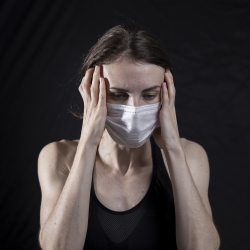 Hardworking professionals are feeling the effects of longer working days and unpaid overtime, according to new research by law firm, Wright Hassall. The research claims that the average worker is performing nine or more hours of overtime in a given week, which totals more than one working day, compared to just three or more hours before the start of the pandemic. What’s more, 52 percent are actually doing so without being paid for this. (more…)
Hardworking professionals are feeling the effects of longer working days and unpaid overtime, according to new research by law firm, Wright Hassall. The research claims that the average worker is performing nine or more hours of overtime in a given week, which totals more than one working day, compared to just three or more hours before the start of the pandemic. What’s more, 52 percent are actually doing so without being paid for this. (more…)






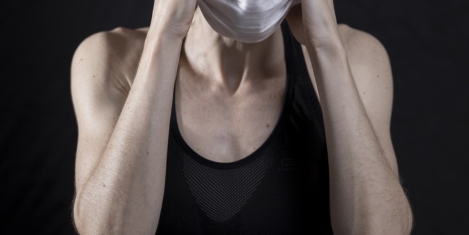
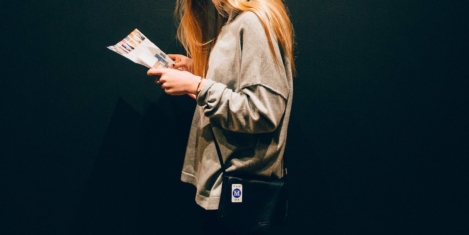
 Research by employee benefits provider
Research by employee benefits provider 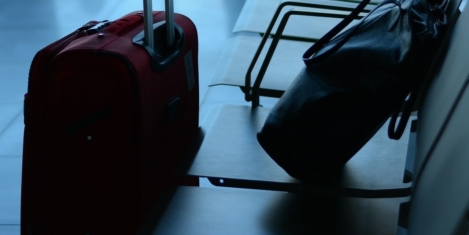
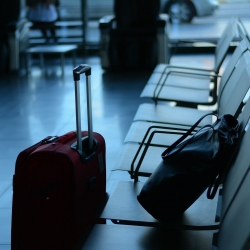 As lockdown restrictions and tier systems continue to cause chaos,
As lockdown restrictions and tier systems continue to cause chaos, 
 New research from absence intelligence company
New research from absence intelligence company 
 A December 2020 online study of 1,136 employed U.S. adults carried out by wellbeing provider
A December 2020 online study of 1,136 employed U.S. adults carried out by wellbeing provider 
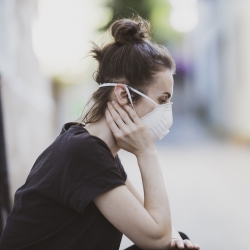 Statistics released from payroll and HR company
Statistics released from payroll and HR company 


 When it comes to job satisfaction, Denmark tops the list of the best places to work in digital in Europe – beating the UK, Germany and France – according to the 2020 Digital Talent Global Work Happiness Index. The Nordic country scored highly for work-life balance, family-friendly working models, purpose, personal safety and personal impact, which describes how much impact an individual feels they are making to their business.
When it comes to job satisfaction, Denmark tops the list of the best places to work in digital in Europe – beating the UK, Germany and France – according to the 2020 Digital Talent Global Work Happiness Index. The Nordic country scored highly for work-life balance, family-friendly working models, purpose, personal safety and personal impact, which describes how much impact an individual feels they are making to their business. 
 Heightened anxiety during the Covid-19 pandemic has led to employees working longer hours and taking fewer sick days, all the while becoming less fulfilled by work and life, according to the latest analysis from
Heightened anxiety during the Covid-19 pandemic has led to employees working longer hours and taking fewer sick days, all the while becoming less fulfilled by work and life, according to the latest analysis from 
 Almost half of UK businesses have seen an employee move on because their mental health wasn’t being looked after, with a quarter losing a key member of their workforce, according to new
Almost half of UK businesses have seen an employee move on because their mental health wasn’t being looked after, with a quarter losing a key member of their workforce, according to new 
 When Donald Trump was
When Donald Trump was 








December 10, 2020
Corporate inclusivity efforts must include disability
by Silke Muenster • Comment, Wellbeing